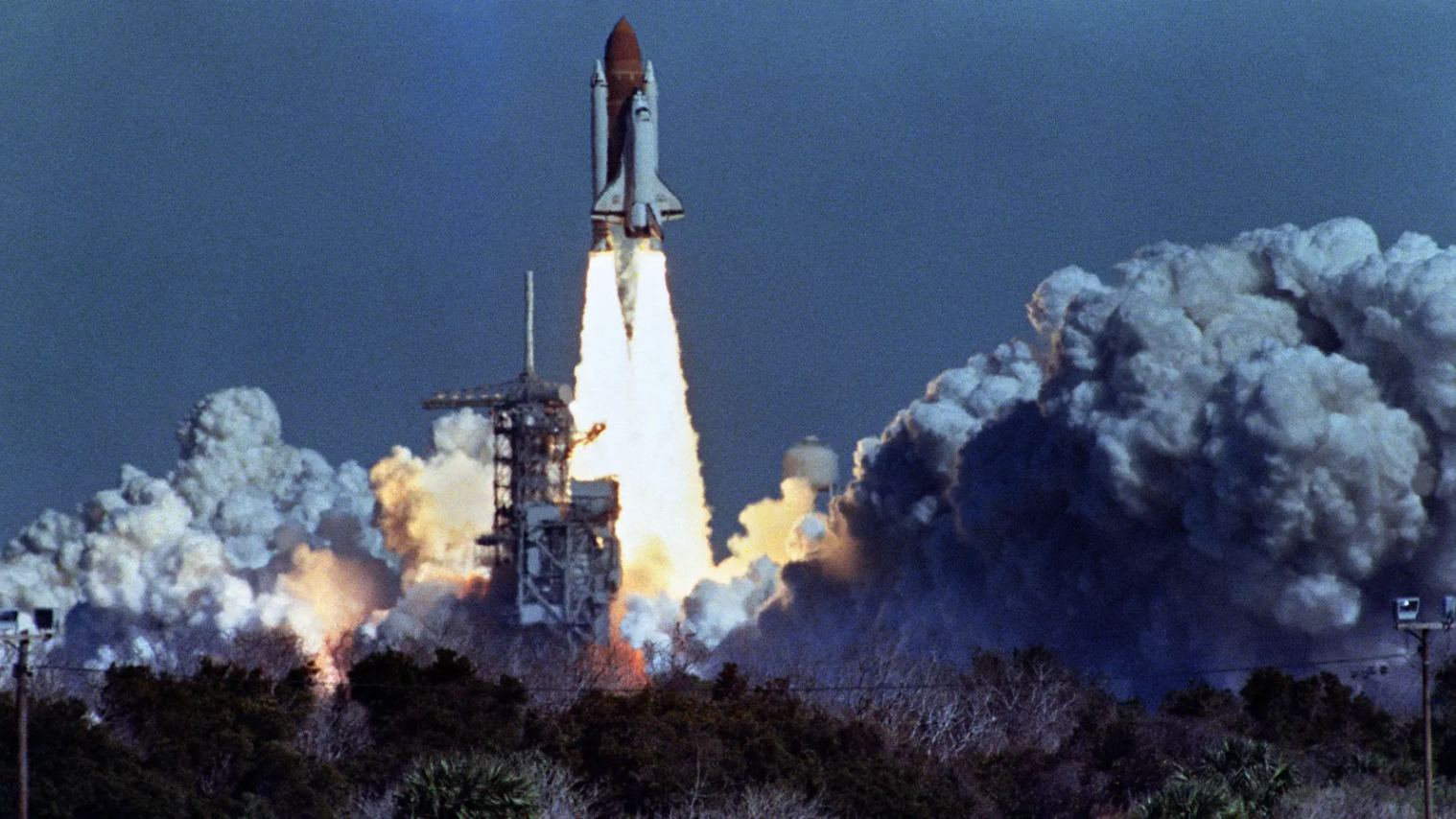The Man Who Tried To Stop The Space Shuttle Challenger Launch And Exposed NASA's Cover-Up Dies At 83
Allan McDonald lived an incredible life dedicated to exploration and the pursuit of truth. In 1986, McDonald had a very important decision to make: To let the U.S. space shuttle Challenger fly despite adverse conditions, or to deny launch. He refused to sign off on a launch that fateful January day, and he refused to remain silent when NASA attempted to cover up what really happened.
As the director of the solid rocket booster project at Morton Thiokol, the NASA contractor that built the rockets, he was the one who had to sign off on a launch. But the night before the January 28 launch, McDonald had some serious concerns. Concerns that would prove completely valid in the cold light of day. From NPR:
McDonald persistently cited three reasons for a delay: freezing overnight temperatures that could compromise the booster rocket joints; ice forming on the launch pad and spacecraft that could damage the orbiter heat tiles at launch; and forecast rough seas at the booster rocket recovery site.
He also told NASA officials, "If anything happens to this launch, I wouldn't want to be the person that has to stand in front of a board of inquiry to explain why we launched... ."
McDonald couldn't be swayed. Eventually, it was the executives at Morton Thiokol who overrode the engineer's decision under intense pressure from NASA.
After the explosion, which killed all seven crew members aboard, NASA officials tried to downplay McDonald's concerns during a closed hearing of a presidential commission investigating the crash. McDonald once again refused to remain silent:
The NASA official simply said that Thiokol had some concerns but approved the launch. He neglected to say that the approval came only after Thiokol executives, under intense pressure from NASA officials, overruled the engineers.
"I was sitting there thinking that's about as deceiving as anything I ever heard," McDonald recalled. "So ... I said I think this presidential commission should know that Morton Thiokol was so concerned, we recommended not launching below 53 degrees Fahrenheit. And we put that in writing and sent that to NASA."
Former Secretary of State William Rogers chaired the commission and stared into the auditorium, squinting in the direction of the voice.
"I'll never forget chairman Rogers said, 'Would you please come down here on the floor and repeat what I think I heard,' " McDonald said.
The focus of the commission's investigation shifted to the booster rocket O-rings, the efforts of McDonald and his colleagues to stop the launch, and the failure of NASA officials to listen.
For his trouble, McDonald was initially demoted, but then promoted to a vice president role after congress threatened to withhold NASA contracts should the company punish an engineer for acting ethically. He retired from the company in 2001 and spent his golden years speaking to engineering students and professionals about ethics in their profession. From NPR again:
Maier says that one of McDonald's key moments in his talks helps explain his ability to reconcile his brush with history.
"What we should remember about Al McDonald [is] he would often stress his laws of the seven R's," Maier says. "It was always, always do the right thing for the right reason at the right time with the right people. [And] you will have no regrets for the rest of your life."
McDonald died on Saturday at the age of 83.
